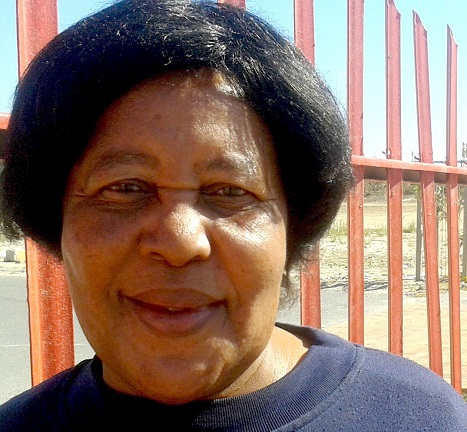A passion for helping others

Over the years she has been involved in various projects affiliated with the CDIA, as well as with governing board member Professor David Sanders and Thandi Puoane from the University of the Western Cape (UWC).
She is one of about 72 000 CHWs or carers in South Africa, most of them women and paid by the Department of Health to monitor and help chronically ill patients; those suffering from HIV, TB, hypertension and diabetes. Carers bring medicine, take blood pressure measurements, tend to the bedridden – often working without protective face masks, gloves and other basic materials.
They often work longer hours, for which they are not paid and sometimes buy food for patients with their own money to ensure the patient is able to take their medication.
CDIA Director Naomi Levitt recently told a CDIA workshop on community health workers that research shows that one of the potential solutions to the current health crisis in South Africa is an expanded and more effective role for CHW.
Anna manages about 116 CHWs in Khayelitsha. Each has about 40 patients in their care and on a typical day, will visit a support group and go to three bedridden patients – all within four-and-a-half hours, for which they are paid R1 400 to R1 800 a month. The work is also dangerous, with carers at risk of attack for their phones and even the medication they carry.
“We have to plan interventions and policies that work in lower-income settings to
make the necessary resources available to prevent death from cardiovascular disease.”
Anna, who lost two children to HIV, is concerned about the increase of HIV, TB and diabetes in her community. She feels government should do more for community health workers – so they in turn, can do more for their communities. Her experience could be very valuable to government officials. She has been doing this work for almost three decades.
